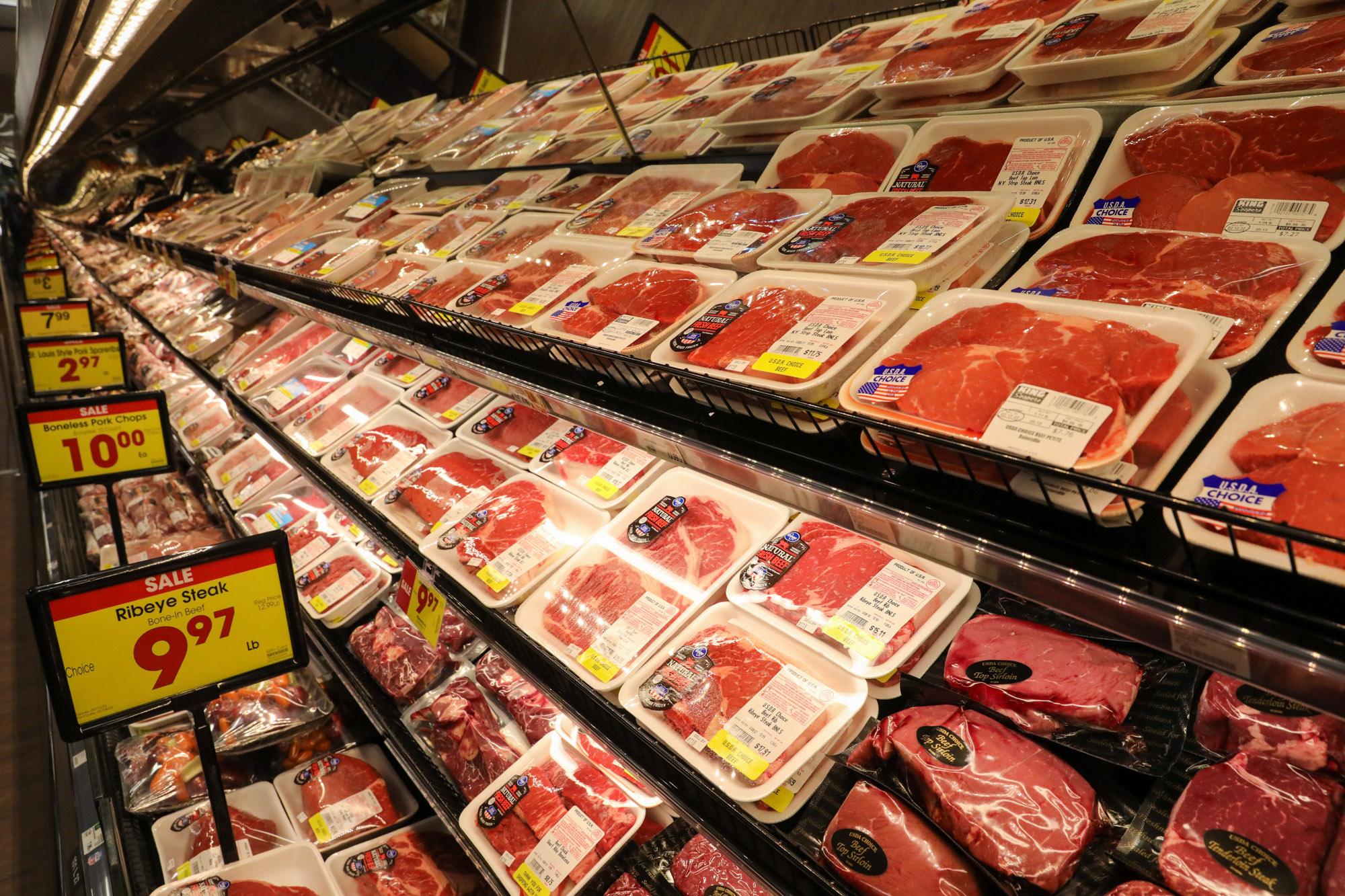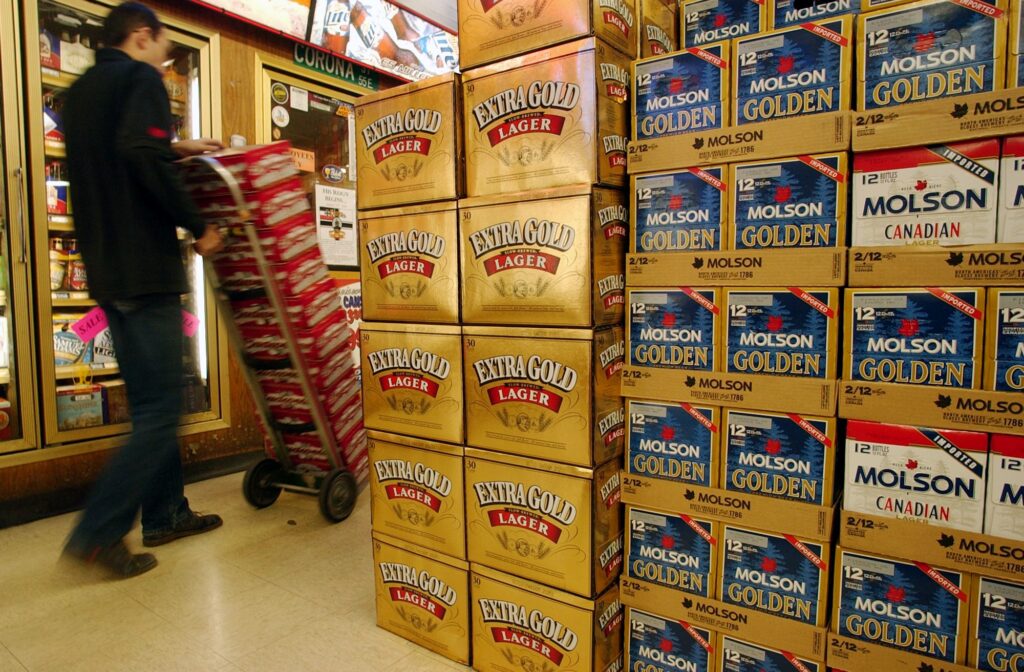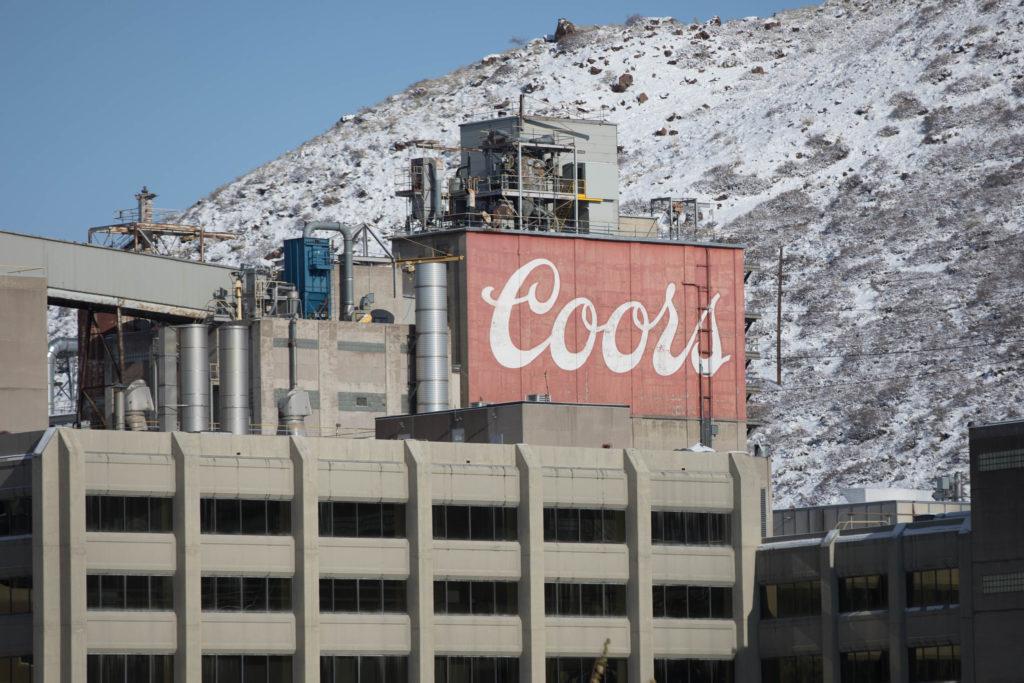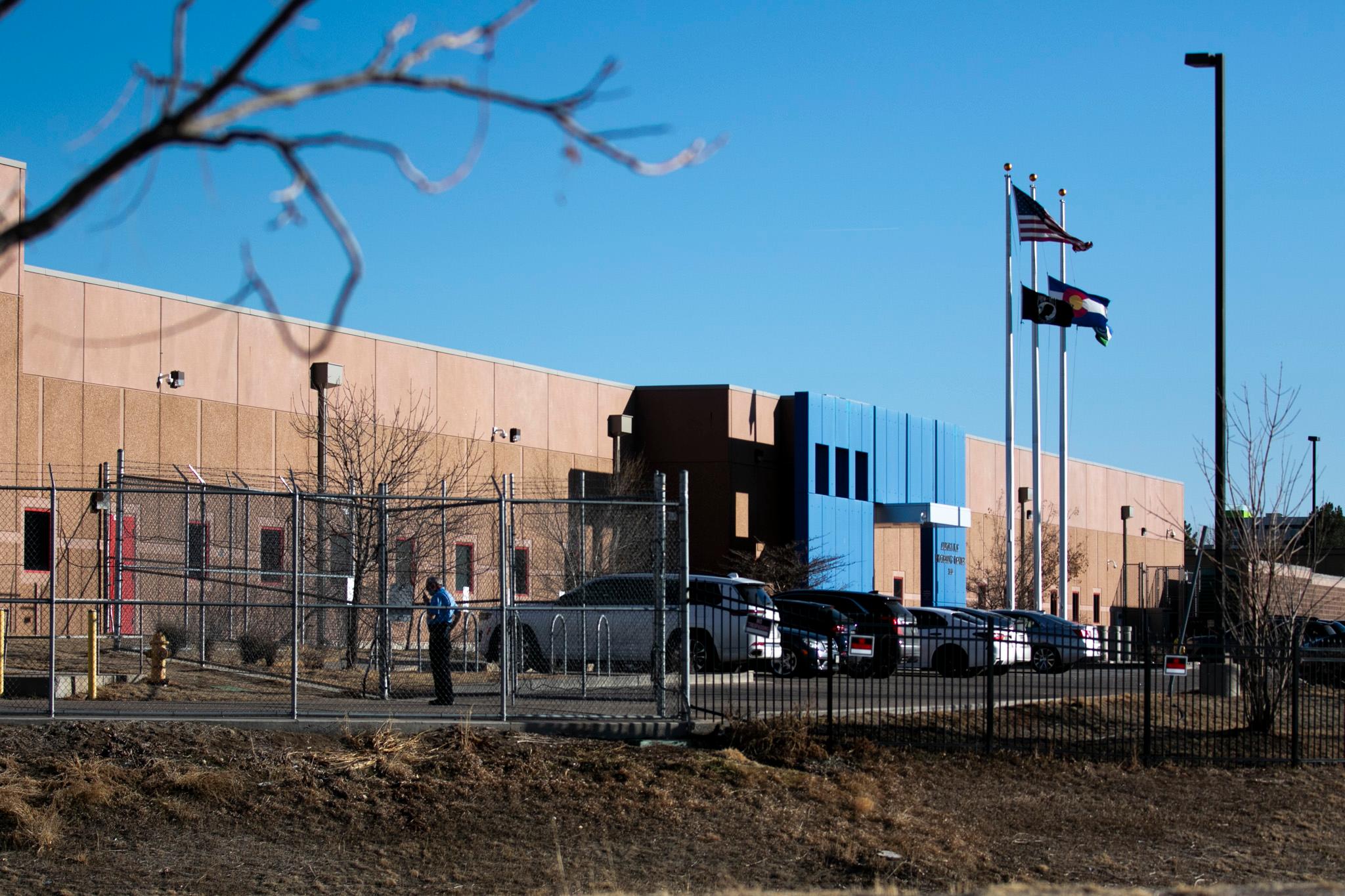
Updated on Monday, February 3, 2025.
Coloradans might need to get used to paying $40 for a case of beer.
Late Saturday, President Donald Trump followed through on his threat to impose tariffs on U.S. trading partners Canada and Mexico. Trump mandated a 25 percent tariff on Canadian goods, with a lower tariff of 10 percent on Canadian oil and Chinese imports. If those nations follow through on their threats to retaliate with tariffs of their own, it could drive up the price of popular Mexican beers like Modelo.
And that’s just the start of it.
Even in far Northeast Colorado — Trump country by any description — ranchers are eyeing the news of a looming trade war warily.
“Everybody's just a little bit concerned about how this is gonna affect the local ranchers, farmers and businesses that rely on those ranchers and farmers,” said Mike Peterson, owner of a family farm in Sedgwick, near the Nebraska border.
The new tariffs could lead to a global trade war that economists predict will raise prices for a vast array of goods, from beef to beer, with businesses likely to pass much of the costs on to consumers.
At Bonnie Brae Liquor in Denver, a 24-pack of Modelo beer, the most popular beer in America, could go from $33 to $40 if a 25-percent tariff on imports filters down to consumers.
“Modelo's not gonna eat that, the supplier's not gonna eat that, and the distributors not gonna eat that,” said Bruce Gallagher, owner of Bonnie Brae Liquor. “And I’m not gonna eat that.”

Gallagher said that the liquor industry was already hurting this year. Competition is up from Colorado grocery stores recently given the green light to sell beer and wine, sales are down as liquor prices have been rising for years, and, to top it off, rates of alcohol consumption are down. Now this.
The politics of tariffs
President Donald Trump campaigned on instituting tough tariffs on trade partners in an effort to limit imports from foreign countries. The idea is that if imported products are more expensive, American consumers will choose American-made products.
Trump also advocates using tariffs to achieve policy goals, in this case complaining that Mexico and Canada should be punished for illegal drugs like fentanyl that get imported to the U.S. or for not doing more to prevent unlawful immigration to America.
But when it comes to beer, consumers have lots of options that lessen some of the pocketbook impact of tariffs on foreign imports.
“We spend money on the things that make us the happiest, right?” Martin Shields, professor of economics at CSU, said. “And if we had a choice between a Coors Light and a Modelo, people right now are grabbing Modelo, but if you raised the price on that, then people will switch to Coors Light, but they're not gonna be as happy.”
But that could be good for adding jobs at the Coors plant in Golden.

Shields said tariffs on Colombia, which Trump threatened on Sunday in order to force that nation to accept deportees from the U.S., are more problematic, because the U.S. imports a lot of coffee from Colombia. There is relatively little U.S. grown coffee a consumer can switch to.
Economists agree on very little 100 percent of the time, said Shields, but free trade is one that is almost universally viewed as good on aggregate. More trade means lower prices as countries produce things they specialize in. But Trump has successfully highlighted the real impacts of free trade on industrial regions like the Midwest, which once boasted a powerful manufacturing sector.
“I grew up outside of Detroit,” Shields said. “And I saw the full effects of increased competition from other countries in the auto industry, and I saw friends and family lose their jobs because of it, and that really sucks. But the whole country was getting cheaper cars that were better.”
Uncertainty in Colorado agriculture
In rural Colorado, concern has spread over a number of Trump actions in the last week, according to Peterson.
“Conventionally produced beef, a very large portion of that is exported,” Peterson said. “So if we are stepping on toes and making enemies with import tariffs, what is that gonna look like for our export market?”
Economists predict that Mexico, Canada and China will respond with retaliatory tariffs — and leaders of those nations have promised to do just that. And Peterson said American beef producers need a strong export market to maintain profits.

For U.S. consumers, a tariff war that includes beef could initially result in a short-term decline in beef prices, according to Peterson. With less beef exported, domestic supplies will rise and prices will come down.
But Peterson said production costs at his farm could rise across the board, and he can’t simply pass the costs onto consumers, as many agricultural products are set by global commodity prices.
“There's a lot of family farms going out of business on a monthly basis right now,” Peterson said. “And if production costs go up, I mean you take everything from tires that go on the tractors to certain feed ingredients … there's a lot of stuff that comes in from outside the country and if the cost of production goes up due to the tariff war, there's gonna be a lot of people that are operating with negative cash flow.”








